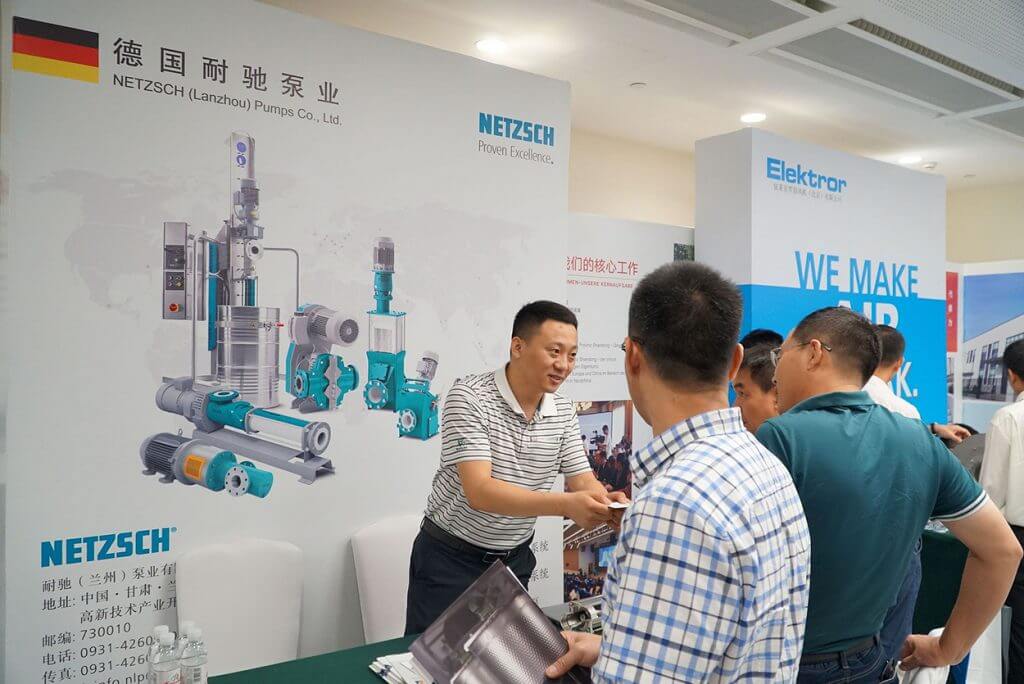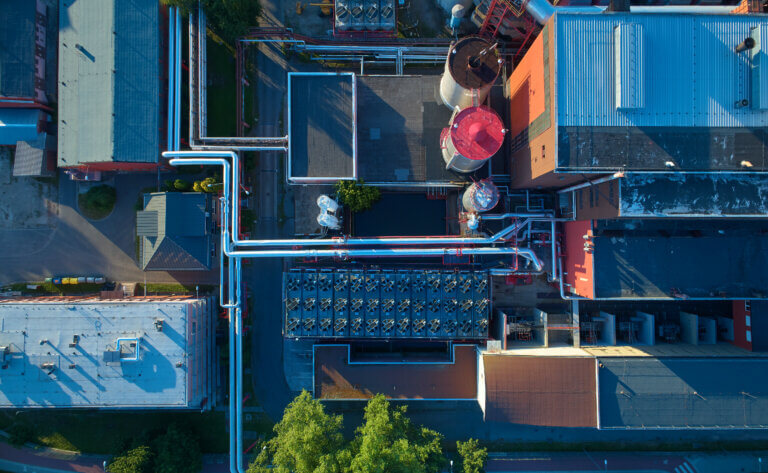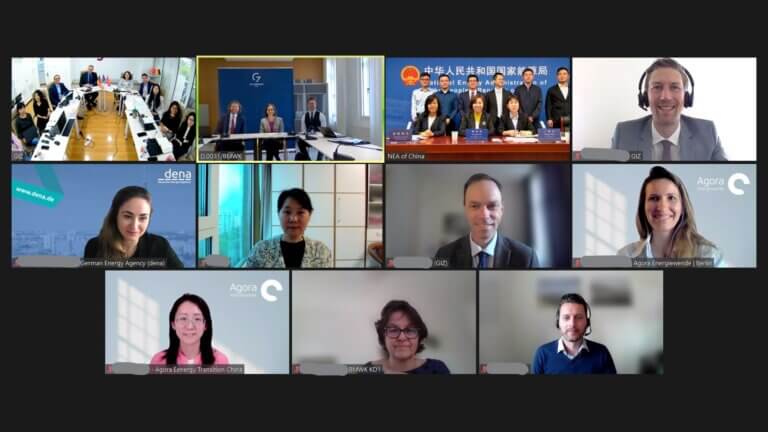What better place to choose for an exchange on cutting-edge high energy efficient technologies than the Passive House Technology Center with its energy efficient air conditioning system and integrated on-site energy generation? More than 200 representatives from government authorities, Chinese energy-intensive industries, German technology providers and green finance experts came together to discuss forms of cooperation on August 8-9 in Qingdao, Shandong province. The event was supported by the Federal Ministry for Economic Affairs and Energy (BMWi) and the National Development and Reform Commission (NDRC) of China, and jointly organized by GIZ, the National Energy Conservation Center (NECC) and German Energy Agency (dena).
The Sino-German Energy Efficiency Technology Matchmaking and Green Finance Workshop provides a platform for technology exchange and showcasing of best practice examples. It also marks another milestone for the Sino-German demonstration project “Energy Saving in the Energy-intensive Industry through Energy Diagnosis and Energy Efficiency Measures in China”.
Mr. Moritz Lumma, Economic Affairs Coordinator of the German Embassy, emphasized the importance of Sino-German cooperation in his opening speech: “The private sector and particularly the energy-intensive industry play a major role in the transformation towards a low-carbon economy. The industry accounts for 66% of China’s total energy consumption. Therefore, facilitating exchange and technology matchmaking among German and Chinese companies are important steps for increasing energy efficiency in China’s industry to lower energy consumption and carbon emissions.” Mr. Yang Bo, Deputy Director of National Energy Conservation Center (NECC), highlighted Germany’s world leading role regarding technologies, practices and management experience in the area of energy saving and expressed his believe in the large potential of Sino-German partnerships.
In the first part of the workshop, green finance experts from AIIB, KfW, Eco Fund and Huaxia Bank discussed framework conditions for and forms of participation in green finance. In the second half of the event, 13 branch-leading German companies with 14 advanced energy efficient technologies and solutions shared their best practices. The introduced technologies focused on the six selected industry branches identified by the demonstration project – construction, cement, ceramics, building materials, paper and power generation. Furthermore, various cross-sectional technologies were presented which are commonly part of industrial facilities and processes, such as air compressors, electromechanical systems, waste heat recovery and industrial cooling, ventilation technology and pump systems. Parallel to the presentations, the participants seized the opportunity to learn more about products and services by engaging in direct conversations with the technology providers in a company fair at the same venue.
The workshop has come to an end, however, the Sino-German exchange on energy efficiency in the industry will continue. For the next step of the demonstration project, identified energy saving measures in the six industry branches will be implemented in close cooperation between German and Chinese companies. The project demonstrates that investments in modern energy efficient technologies and the reduction of emissions are worthwhile and profitable for China’s industry. For German companies who are interested in upcoming project activities, please contact Mr. Tim Nees (tim.nees(at)giz.de).




